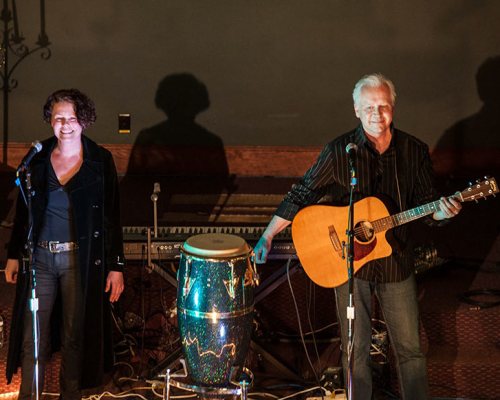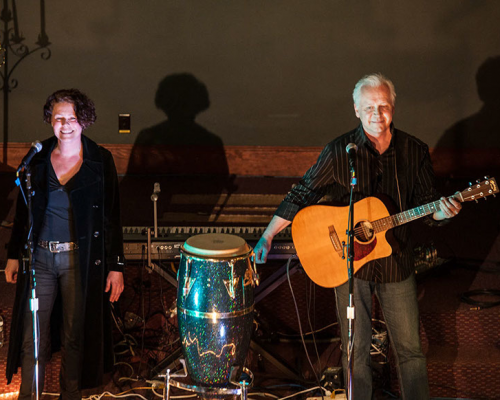Seven Ways To Use Music To Transform Pain, Isolation and Grief
I have listened to, composed and performed music my entire adult life. In past 18 months, however, music has become even more important to me. I lost two people to  whom I was close, people who meant a lot to me. Music has helped me channel my feelings of loss into something positive and productive.
whom I was close, people who meant a lot to me. Music has helped me channel my feelings of loss into something positive and productive.
In the field of Music Therapy, credentialed professional therapists use music to help patients alleviate pain, manage stress, promote healing or motivate participation in physical therapy. In addition to these clinical applications, though, music is being used every day to help people like you and me to cope with loss and grief due to illness and death.
Here are seven ways I have directly experienced the positive power of music:
- Relief from anxiety and pain. Music is a powerful way to distract the mind and reduce physical pain. My mother had a stroke which rendered her mute and from which she never recovered. I saw how music helped to calm her during her MRI. I also found that having classical music or jazz on in the background in her hospital room was calming and made it much homier for both patients and visitors.
- Listening to music in order to explore and release emotions. Intense emotions associated with grief and loss can be very difficult to access. Listening to music with lyrics that hold special meaning in a time of change, such as when undergoing surgery or dealing with the loss of a loved one, can provide cathartic release. As I held my dying mother’s hand in Hospice, I sang songs to her from my childhood that held meaning for our family. Even though her stroke had rendered her mute, I believe she heard me. It was helpful to me, as well, to literally “give voice” to my feelings of love and grief in the moment.
- Creating music in order to explore and release powerful emotions. Zach Sobiech, a teenage with terminal cancer, showed us on this website how creating music like his viral single, “Clouds”, can leave a powerful legacy. After a friend of mine died last year, music seemed to flow from me, one song after another, allowing me to access emotions I could not express any other way. I was fortunate to then be able to record as well as ultimately to perform one of these songs live for my friend’s mother. This was a profound experience for both of us.
- Using music to increase memory and social interaction in the elderly. Social worker Dan Cohen teamed up with renowned neuroscientist Oliver Sacks to investigate the way music functions inside the brain, and the documentary film made about his efforts, Alive Inside, showcases this amazing phenomenon. The Music and Memory Project is a non-profit that puts used iPods in the hands of seniors with Alzheimer’s to help them recover some of their ability to interact with the outside world.
- Musical collaboration. The process of writing a song or piece of music is an emotional act that requires vulnerability and openness. Creating music brings people together who might otherwise not have known each other, and it can create deep and lasting relationship. Platforms such as Indaba and Soundcloud facilitate online collaboration between professional and amateur musicians who may not even reside in the same country. My own experience is that having a musical community of collaborators decreases isolation in times of loss.
- Bringing the concert experience to young patients. The Melodic Caring Project is a non-profit based here in my hometown of Seattle that broadcasts live music concerts to children and teens who are hospital patients. What’s special about these shows is that even though most of these concerts have live audiences with the artists in the performance space as well, the show really is focused toward the hospitalized kids. The artists give shout outs to the patients during the show, and the videographer films the audience as well as the musicians, which brings both audiences together in a shared experience.
- Commemoration and fund raising. Writing and performing a special musical piece to commemorate or to help raise money for an individual or family affected by loss is a way to channel creativity into concrete and useful action. I know many musicians who have contributed music, whether to a memorial service or to help raise awareness and funds for a cause.
These are just a few ways in which music can have a often positive, productive and transformative effect in times of change and loss. Have you had any positive experiences with music in difficult and emotional situations?
Article Images




Comments